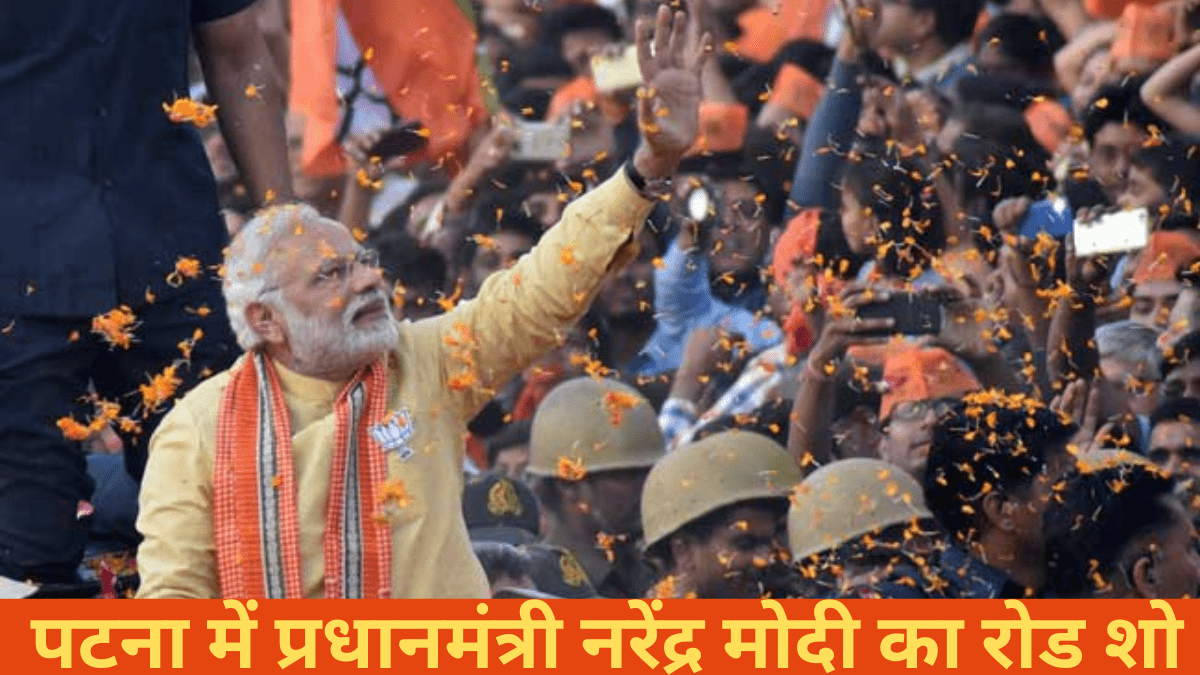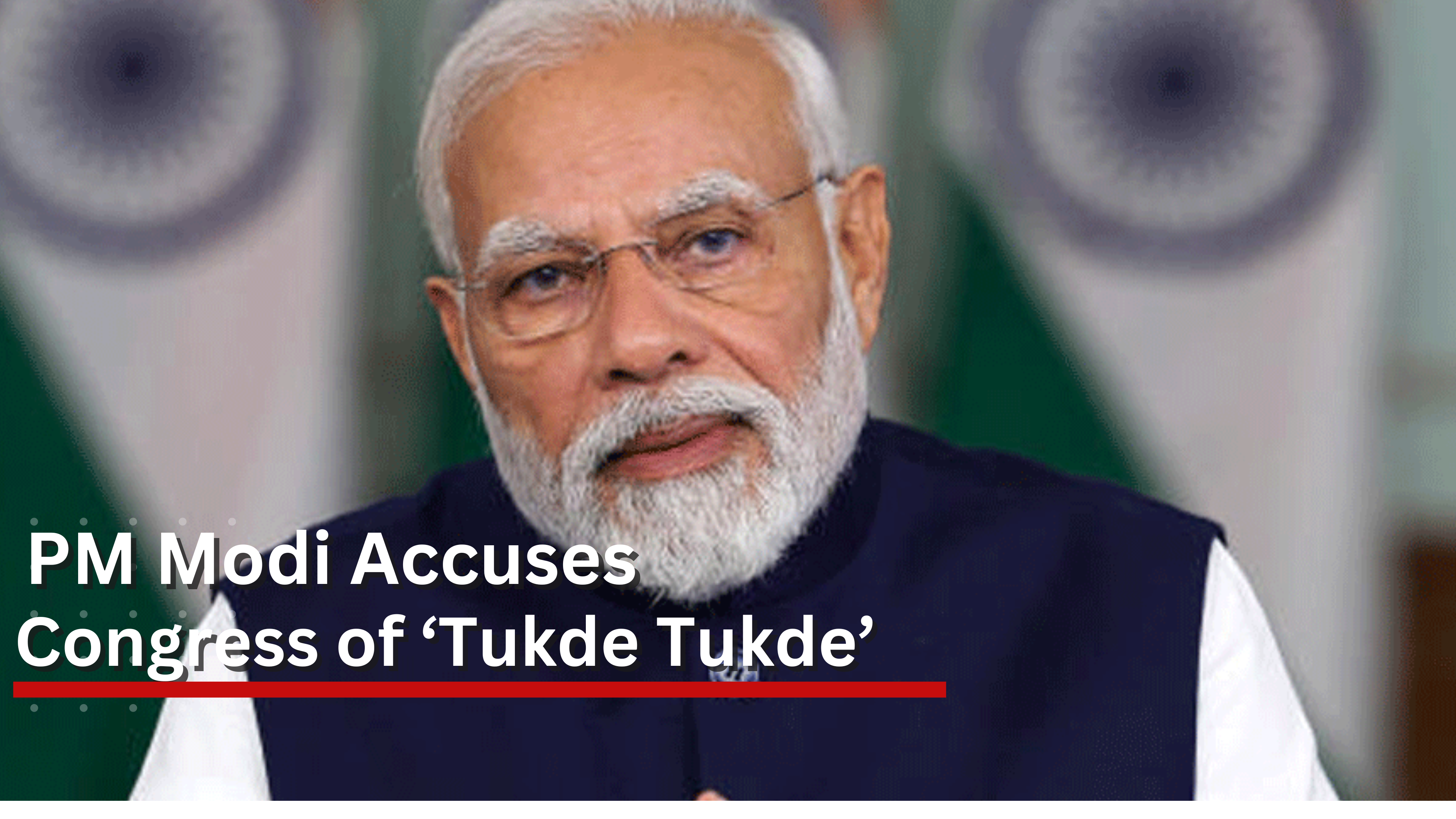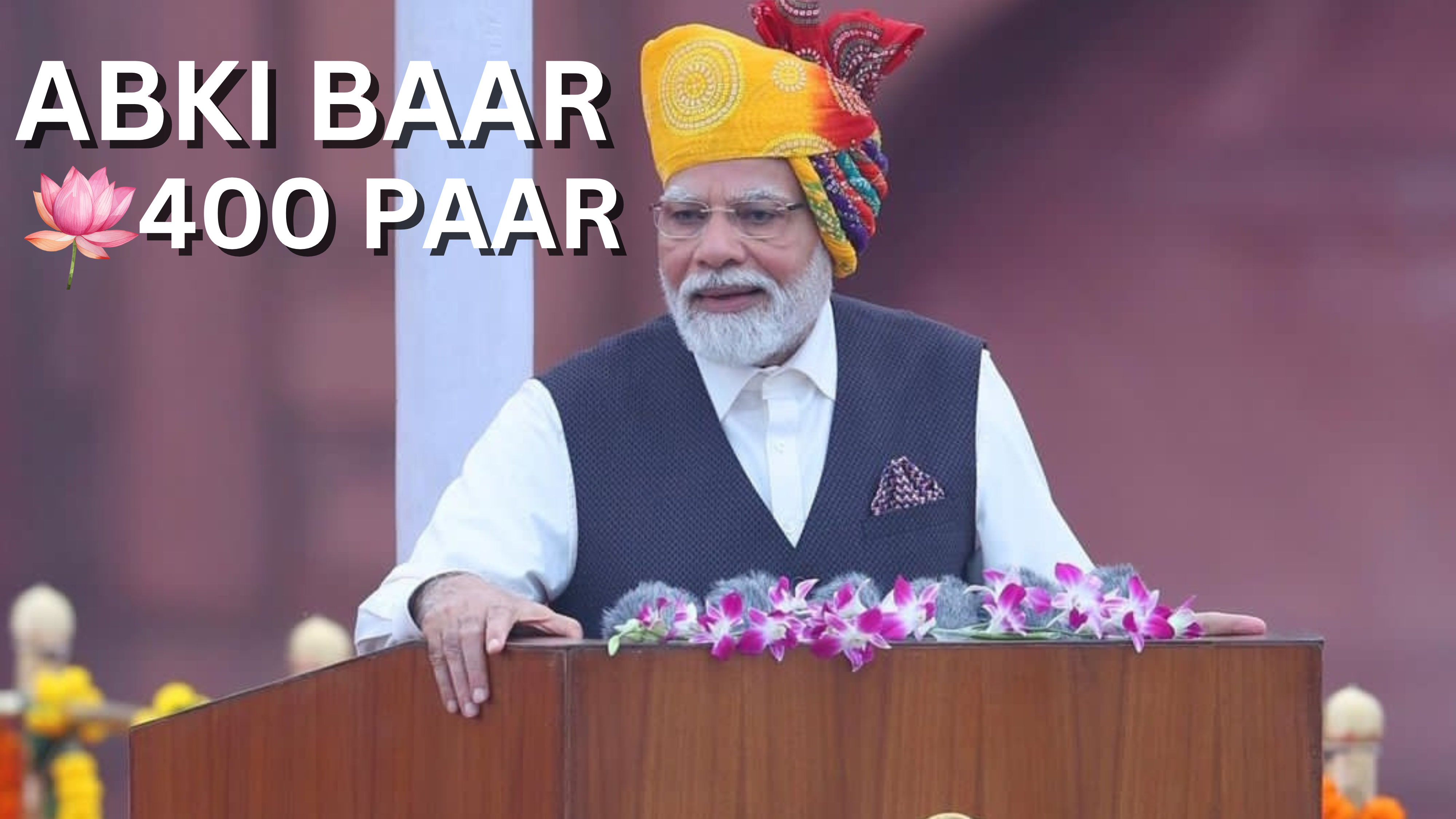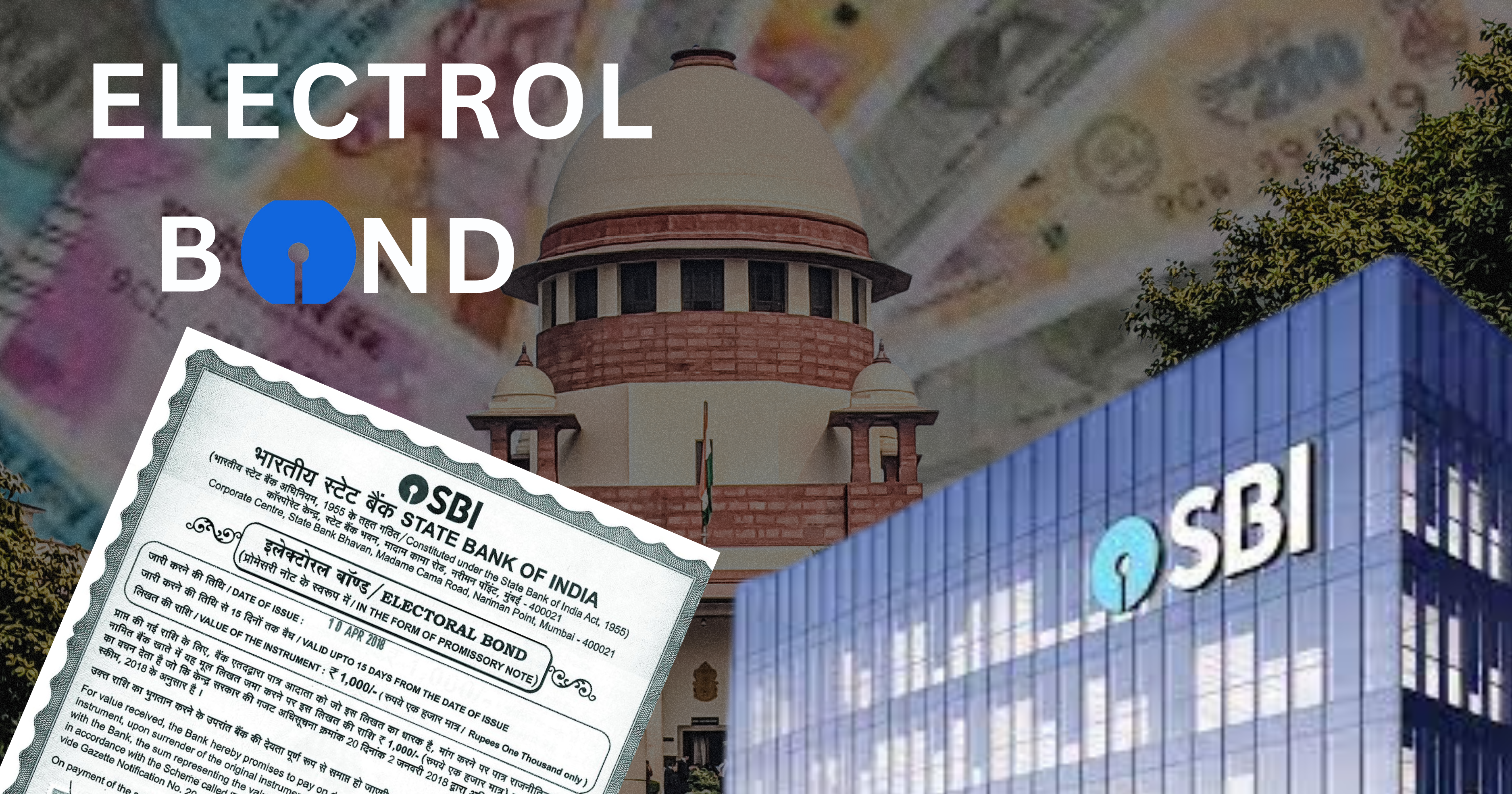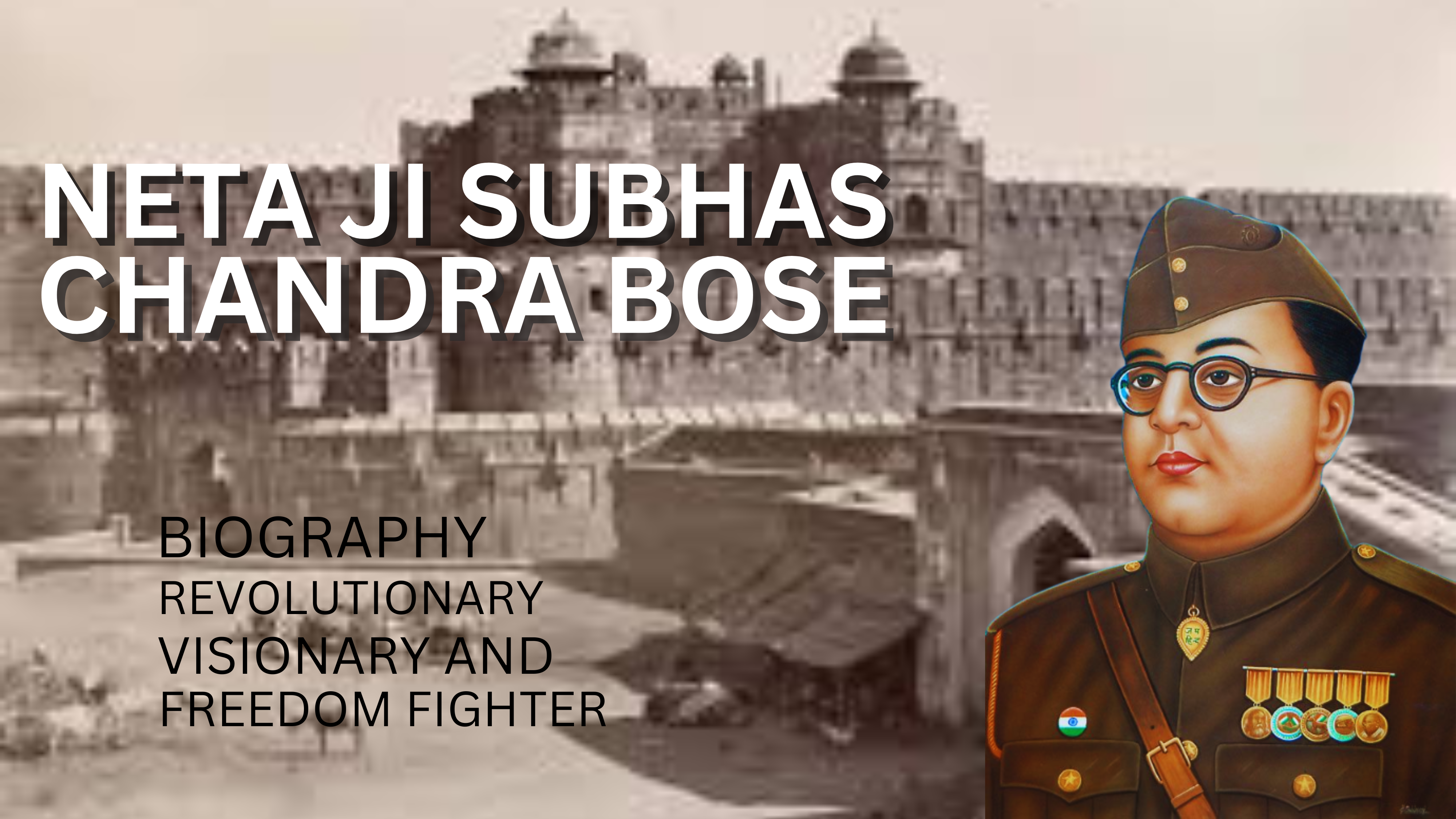
Visionary Leader and Freedom Fighter: The Inspiring Journey of Subhas Chandra Bose.
Subhas Chandra Bose(Freedom fighter).
Introduction
Subhas Chandra Bose(Freedom Fighter), affectionately known as “Netaji,” was a remarkable figure in India’s struggle for independence. His unwavering commitment, strategic brilliance, and fierce determination left an indelible mark on the pages of history. Let’s delve into the life of this visionary leader and freedom fighter.
Early Life and Education.(Freedom Fighter)
Born on January 23, 1897, in Cuttack, Odisha, Bose hailed from a family deeply rooted in nationalist sentiments. His father, Janakinath Bose, was an influential advocate for India’s freedom. Subhas studied at Cambridge University and later joined the Indian Civil Services. However, his heart beat for a different cause—the liberation of his motherland.
Indian National Congress and Non-Cooperation Movement.
- Bose joined the Indian National Congress and quickly rose through its ranks.
- He played a crucial role in organizing the Non-Cooperation Movement in 1920.
- His fiery speeches and charismatic leadership inspired countless Indians to join the fight for freedom.
Escape to Nazi Germany and Collaboration.
- During World War II, Bose escaped house arrest in India and sought refuge in Nazi Germany.
- He collaborated with Nazi authorities and formed the Azad Hind Fauj (Indian National Army) with the goal of liberating India.
- His famous slogan, “Give me blood, and I shall give you freedom,” rallied thousands of soldiers.
Read this ABKI BAR 400 PAR
Defying the British Raj.
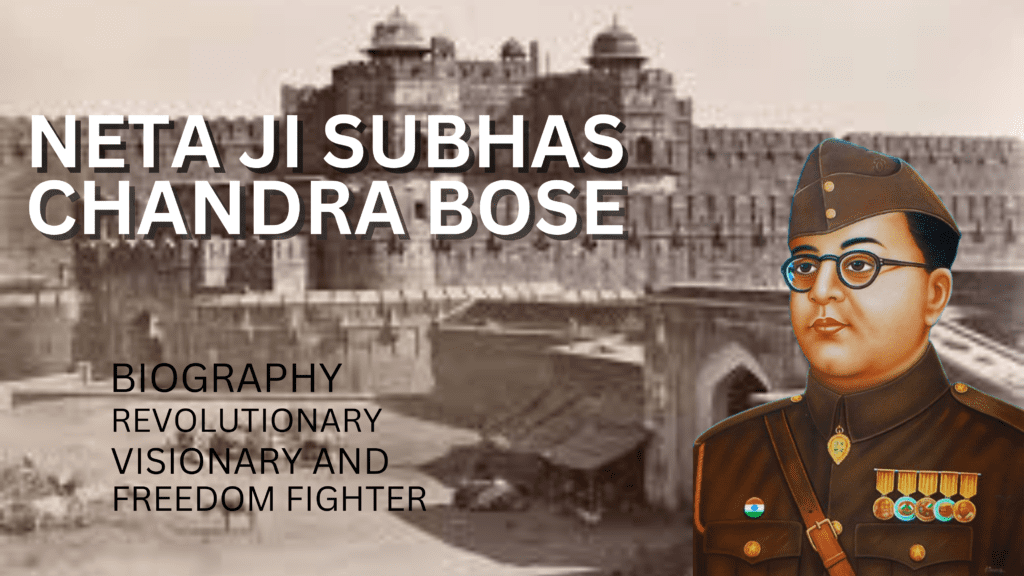
Bose’s fiery spirit led him to resign from the civil services and plunge headlong into the freedom struggle. He joined the Indian National Congress and quickly rose through the ranks. His charisma and eloquence made him a force to be reckoned with. But Bose was not content with mere speeches; he believed in action.
The Azad Hind Fauj (Indian National Army)
Bose’s most significant contribution came during World War II. He escaped house arrest in India and sought refuge in Germany and later Japan. There, he formed the Azad Hind Fauj (Indian National Army) with the goal of liberating India from British rule. His famous slogan—“Give me blood, and I shall give you freedom”—rallied thousands of soldiers.
The Great Escape
Bose’s audacious escape from British surveillance remains legendary. Disguised as a Pathan, he traveled across treacherous terrains to reach Japanese-occupied Southeast Asia. His leadership galvanized the INA, and battles like the Siege of Imphal and the Battle of Kohima showcased their valor.
The Great Escape and the INA ( Freedom Fighter)
Subhas Chandra Bose’s audacious escape from British surveillance remains one of the most captivating chapters in his life. Disguised as a Pathan, he traveled across treacherous terrains to reach Japanese-occupied Southeast Asia. His leadership galvanized the Indian National Army (INA), a force composed of Indian soldiers who shared his unwavering commitment to liberate India from British rule.
The Freedom fighter INA fought valiantly in battles like the Siege of Imphal and the Battle of Kohima. Their courage and sacrifice showcased the indomitable spirit of those who believed in Bose’s vision of a free India. The INA’s battle cry echoed Netaji’s famous slogan: “Give me blood, and I shall give you freedom.”
Legacy and Impact (Freedom Fighter)
Subhas Chandra Bose’s legacy extends far beyond his lifetime. His unwavering dedication to the cause of independence continues to inspire generations. As we celebrate his contributions, let us reflect on the impact he had:
- Nationalism and Patriotism: Bose’s unwavering nationalism ignited the flames of patriotism across India. His daring spirit encouraged countless individuals to stand up against oppression.
- Global Struggle: Bose’s journey took him from Bengal to Berlin. His global struggle for India’s freedom resonated with people worldwide. His interactions with leaders like Adolf Hitler and Hideki Tojo left an indelible mark on history.
- Alternative Leadership: Bose challenged the established leadership of the Indian National Congress. His militant approach and willingness to take risks provided an alternative path for those who sought radical change.
- Legacy of Sacrifice: Netaji’s life exemplified sacrifice. He willingly endured hardships, faced danger, and put the cause of independence above personal comfort. His legacy reminds us that true leaders are forged in the crucible of sacrifice.
Final Days.
- Bose’s life was tragically cut short. He died on August 18, 1945, in Taihoku, Japanese Taiwan (present-day Taipei, Taiwan).
- His death resulted from third-degree burns sustained in an aircraft crash.
Remembering Netaji (Freedom Fighter)
Subhas Chandra Bose’s vision, sacrifice, and unwavering dedication continue to inspire generations. His legacy reminds us that true leaders are forged in the crucible of sacrifice, and freedom is not merely given—it is taken.







